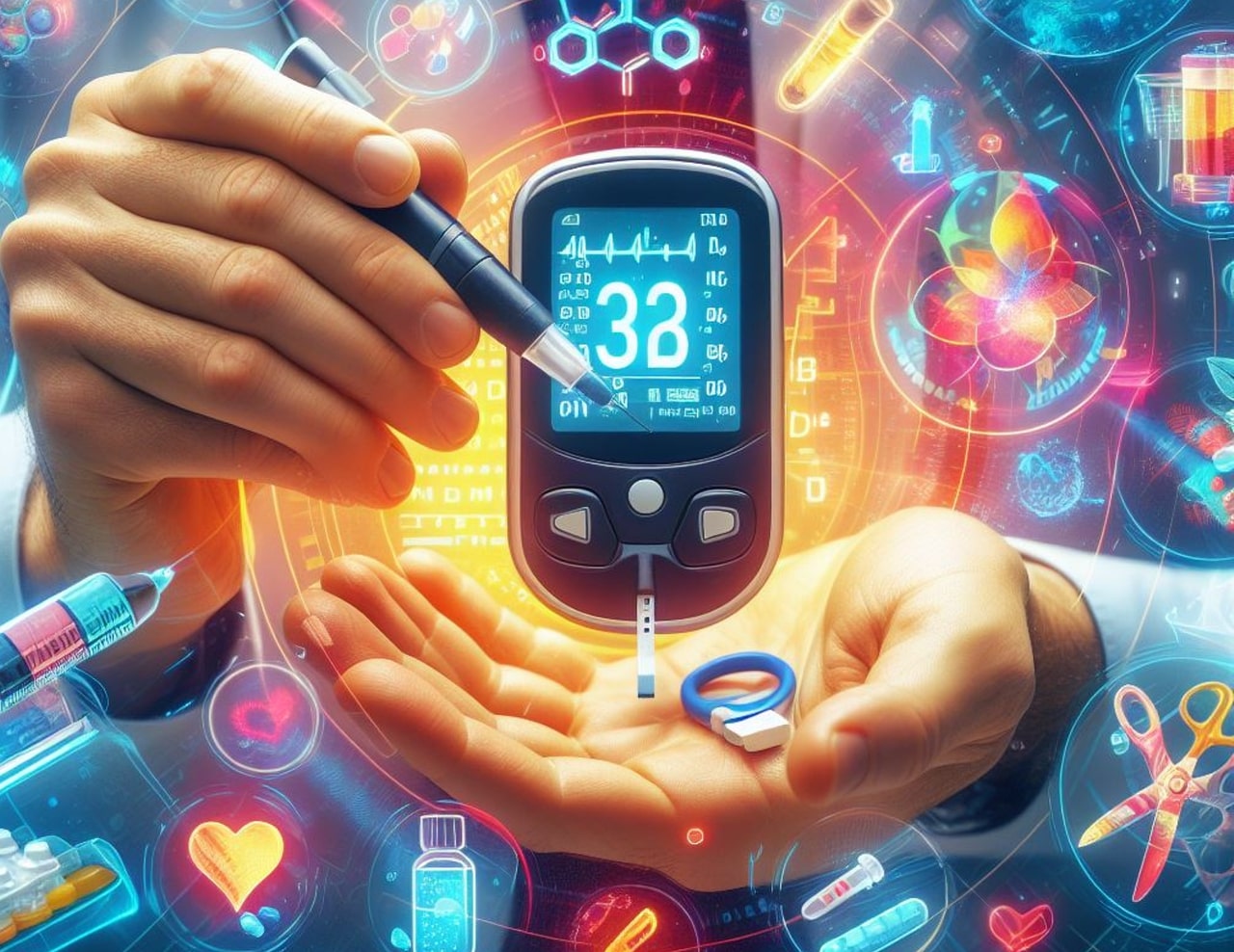
Cyanopower & Cyanoamrut Diabetes / Cancers
Spirulina is an exceptional algae-based nutraceutical that offers dual protective and therapeutic benefits against both diabetes mellitus and various forms of cancer—two of the most prevalent and rising public health burdens in India. For diabetes, Spirulina exerts potent antihyperglycemic effects through modulation of insulin sensitivity, pancreatic β-cell preservation, and inhibition of carbohydrate-digesting enzymes, while also reducing postprandial blood glucose and HbA1c levels (Parikh et al., 2001; Mani et al., 2000). Its rich content of phycocyanin, chromium, γ-linolenic acid (GLA), and antioxidants helps lower oxidative stress and systemic inflammation, key contributors to insulin resistance and diabetic complications. Simultaneously, Spirulina shows anticancer properties through its ability to suppress DNA damage, cell proliferation, angiogenesis, and modulate immune surveillance. Phycocyanin and β-carotene act as natural chemopreventive agents, especially effective in oral, hepatic, colon, and breast cancers, by downregulating COX-2, NF-κB, and pro-inflammatory cytokines (Mathew et al., 1995; Premkumar et al., 2001). Spirulina also enhances detoxification enzymes, supports hematopoiesis, and aids recovery during chemotherapy. Given its multi-targeted biochemical action, bioavailability, affordability, and safety, Spirulina stands as a best-in-category adjunct for managing diabetes and cancer—either as prevention or supportive therapy—in India’s nutritionally and environmentally stressed population.
Selected References:
← Back to Benefits